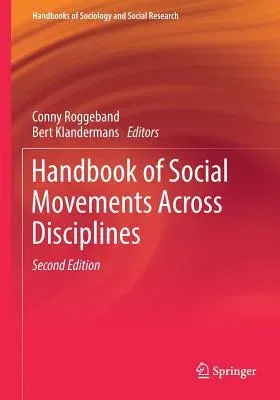Researchers and students from divergent academic disciplines share an
interest in the study of social movements and collective action. Through
a variety of disciplinary approaches and techniques, researchers seek to
understand the emergence and development of collective action. In the
last few decades, the field of social-movements-studies has proliferated
enormously, covering a wide array of movements, issues and places. With
this growth, social movement scholars have criticized the traditional
vision of collective mobilization as the results of irrational behavior
and have instead developed a range of new approaches.
The expansion of the field has also led to increased theoretical debates
and attempts to synthesize the different perspectives. But these
attempts have met with the obstacle of the field being
multidisciplinary. Discussion a theory from many areas of research can
lead to misunderstandings. With this in mind, this book aims to revisit
the disciplinary roots of social movement studies. Each discipline
raises its own questions and approaches the subject from a different
angle or perspective.
The chapters of the proposed handbook are written by internationally
renowned scholars representing the various disciplines involved. They
will review the approach their discipline has developed and discuss
their disciplines' contributions and insights to the knowledge of social
movements. Furthermore, each chapter addresses the "unanswered
questions" and discusses the overlaps with other disciplines and reviews
the interdisciplinary advances so far.

